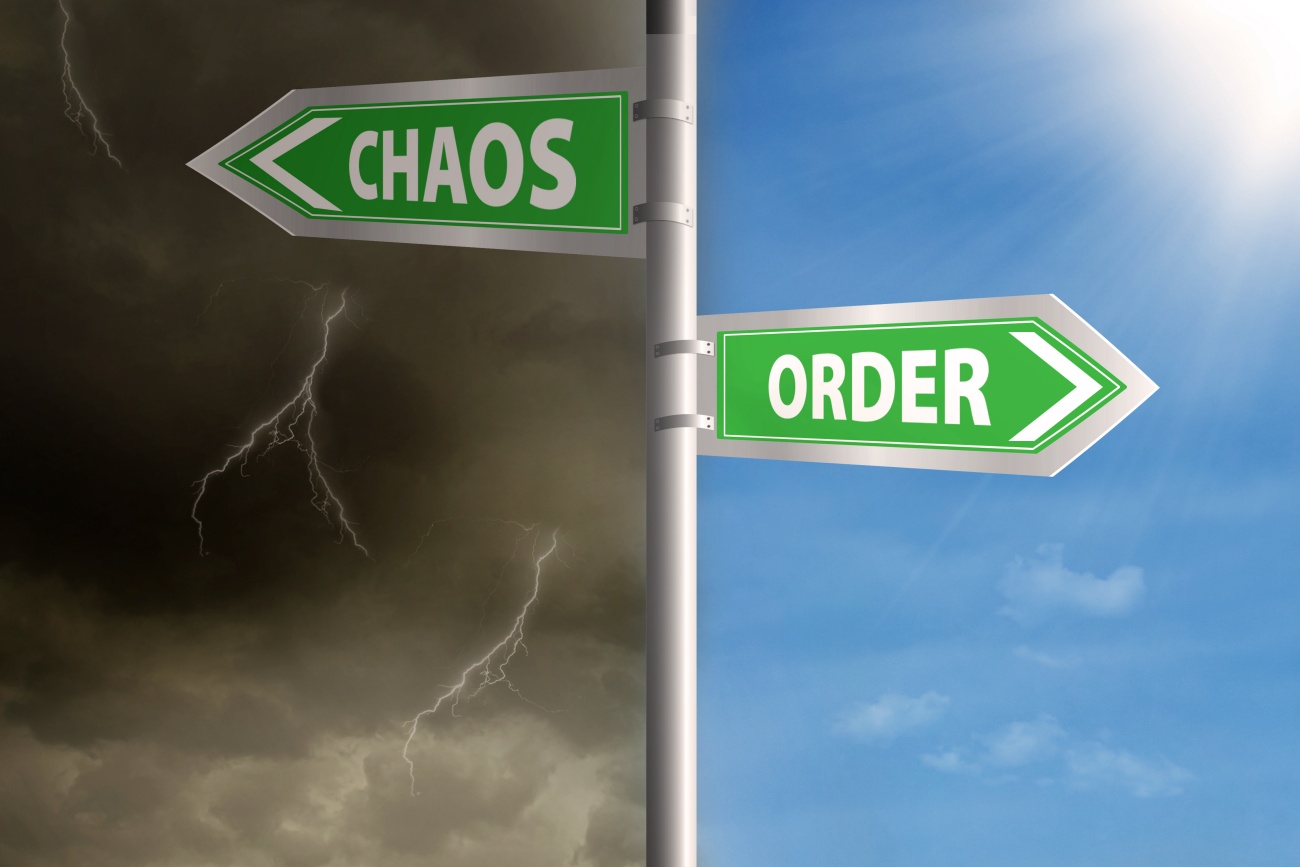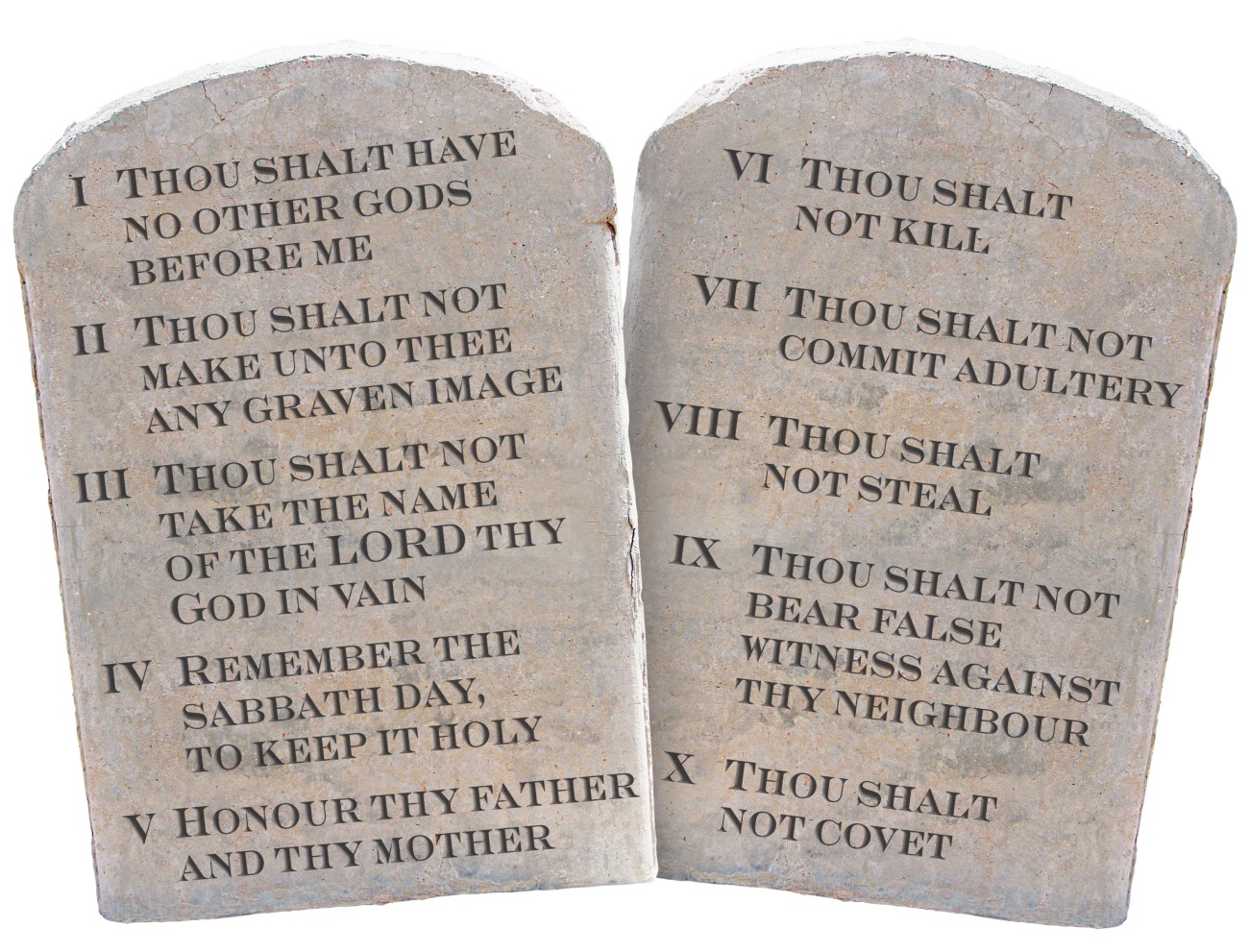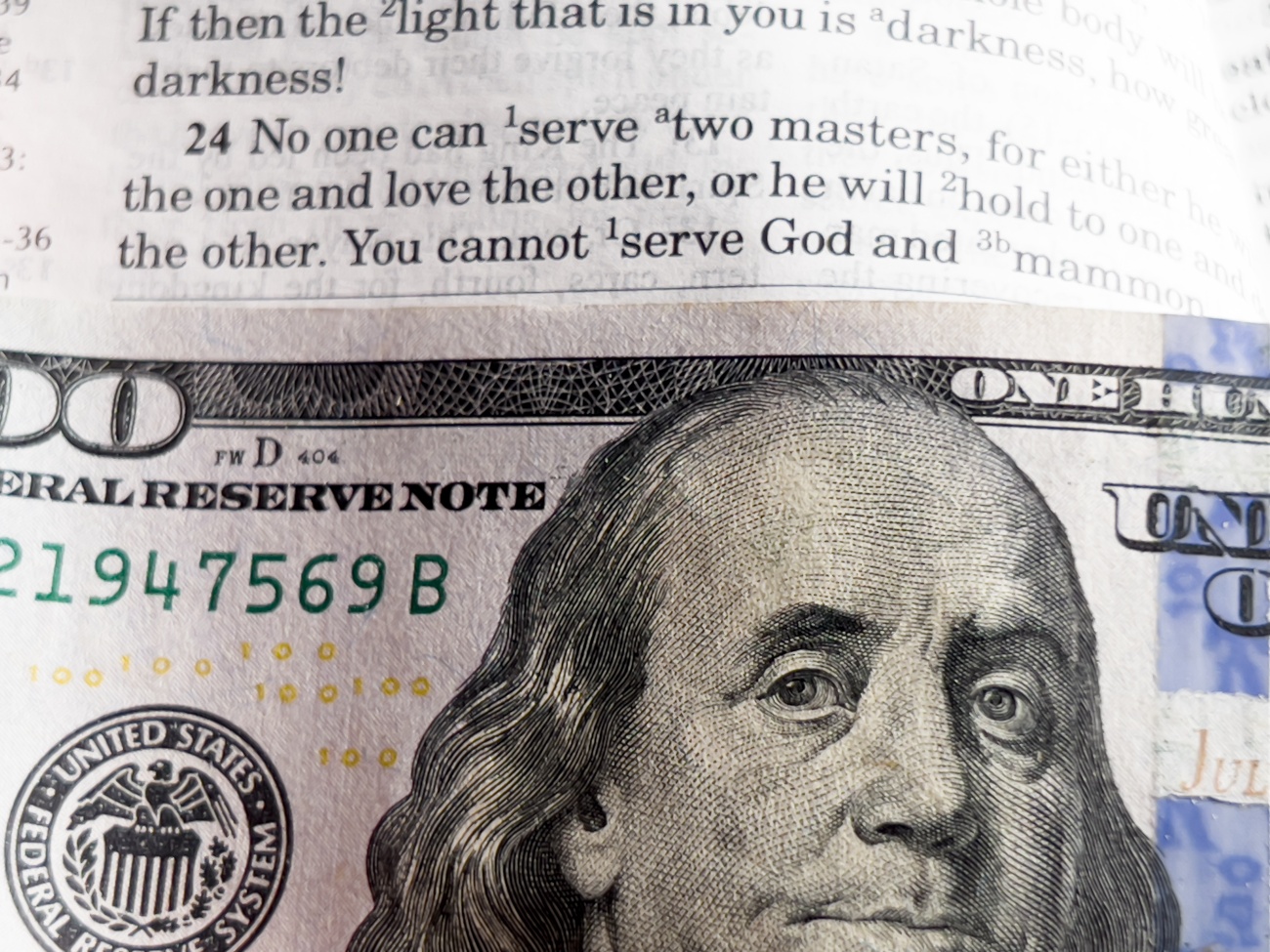Wisdom and Freedom- To Be or Not To Be
To choose God is wisdom; to choose anything less is foolishness.
The prophet Jeremiah, speaking as God’s instrument, tells us, “If you would harken to my commandments, your prosperity would be like a river, and your vindication like the waves of the sea” (Is.48:18). We are presented here with the concept of wisdom, God’s wisdom, not that of the world. As you may have noticed, it involves the matter of free choice, as well. Wisdom is more than a matter of intellect, more than just an idea; it is an action. As the Gospel writer, Matthew put it, “Wisdom is vindicated by her works” (Mt. 11:19).

The prophet, Sirach, extends this truth when we read, “When God, in the beginning, created man, he made him subject to his own free choice” (Sir. 15:14). We call this free will. Properly understood, true freedom, freedom of choice, is inextricably bound up with the recognition of a twin reality; consequences and responsibilities. Sirach extends this idea of the individual’s freedom to choose when he writes, “If you choose you can keep the commandments; it is loyalty to do his will. There are set before you fire and water; to whichever you choose, stretch out your hand. Before man are life and death, whichever he chooses shall be given him” (Sir. 15: 15-17).

To see the choices before us, and to see also the potential or real consequences that might arise as a result of acting upon our choices, is one thing, but to be willing to be responsible for those consequences, good or bad, is another. To put it another way, to know the Commandments is one thing. We can memorize them, and we can have lively, stimulating discussions or debates about them. We can even use them as means by which to judge others for the ‘splinters’ in their eyes, yet never seeing the ‘planks’ in our own eyes. In that sense, God’s commandments can be reduced to mere thoughts, historical ideas, ‘suggestions’, or worse, mere foolishness. There would be no life in them. On the other hand, to know and to understand God’s law and, then, to choose freely and openly to live by it in our daily lives, no matter the cost to ourselves, is a matter of wisdom.

In this we see that wisdom finds its genesis in awe, or what the prophets called, “fear of the Lord”. “If anyone fears the Lord he will show him the path he should choose” (Ps. 25:12). Here is the paradoxical truth of our faith; we are most free when we know and choose to submit our wills to the wisdom of God’s Will, as opposed to willfully choosing the easy, ego-satisfying ‘wisdoms’ or the will of the world. It is in humility that we find our strength. And it is in our willing submission to the Will of God that we are most truly free. It is in rebellion to God’s Will that we become slaves to lesser things, like ego and fear.

During this Advent season leading up to Christmas, we are challenged, once again, to choose which gift, which wisdom, we really want. Do we want to welcome God’s gift of his Son as the source of life, or will we listen more to the siren song of whatever tune is being played in the marketplace of contemporary secular, materialistic culture. One will give us life, the other will cause us to become rootless and find ourselves in danger of dying. This choice is before us every day. Choice is the action of our freedom. To choose God is wisdom; to choose anything less is foolishness.
SKM: below-content placeholderWhizzco for FHB

